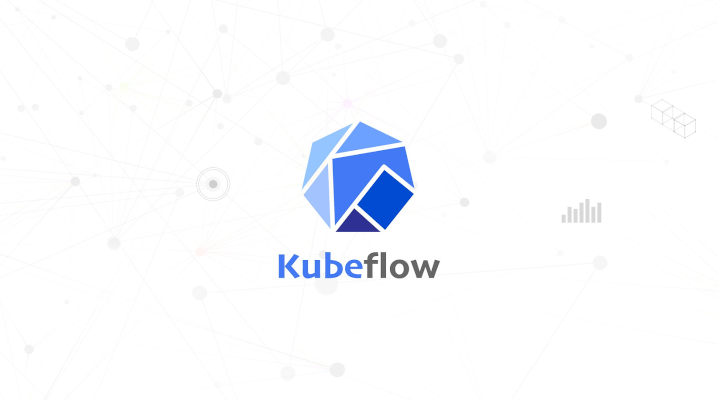 AI
AI
 AI
AI
 AI
AI
The first stable release of Kubeflow, the Google LLC-backed toolkit for running artificial intelligence workloads on Kubernetes, officially became available today.
Kubeflow was open sourced in 2017 by a group of Google engineers and several peers from other tech companies. It’s a toolkit that enables organizations to deploy AI workloads on infrastructure powered by Kubernetes, the popular container orchestration framework.
The Kubeflow 1.0 release introduces round-number versions of several of the software’s core components. Those components now meet a “defined level of stability, supportability and upgradability” aligned with the needs of enterprise users, meaning that the toolkit as a whole is now more suitable for production use.
Kubeflow 1.0 brings a stable version of the built-in management console with shortcuts to key features. One of those features is the Jupyter Notebook controller, which has also been upgraded to stable status and allows AI teams to create new machine learning models with the ubiquitous Jupyter Notebook development tool.
Once the model is ready, users can train it either with TensorFlow or PyTorch. Kubeflow 1.0 supports both via TFJob and PyTorch Operator, two code abstractions that allow developers to set up an AI training workflow using their framework of choice with a relatively simple script.
Today’s release also includes features for the administrators who manage the infrastructure on which developers build their AI workloads. There’s kfctl, which can automatically deploy Kubeflow in a cloud environment, and controls that make it possible to divvy up the environment’s resources among the individual developers.
“With Kubeflow, each data scientist or team can be given their own namespace in which to run their workloads,” Google open-source strategist Thea Lamkin detailed in a blog post. “Namespaces provide security and resource isolation. Using Kubernetes resource quotas, platform administrators can easily limit how much resources an individual or team can consume to ensure fair scheduling.”
In a separate post, Google Cloud engineers Jeremy Lewi and Abhishek Gupta wrote that companies can deploy Kubeflow 1.0 on its Anthos application platform to take advantage of the new features. Going forward, the search giant plans to strengthen its support for the AI toolkit. Google will let enterprises set up Kubeflow on on-premises Anthos deployments and will add tighter integrations with Google Cloud’s cybersecurity features.
THANK YOU